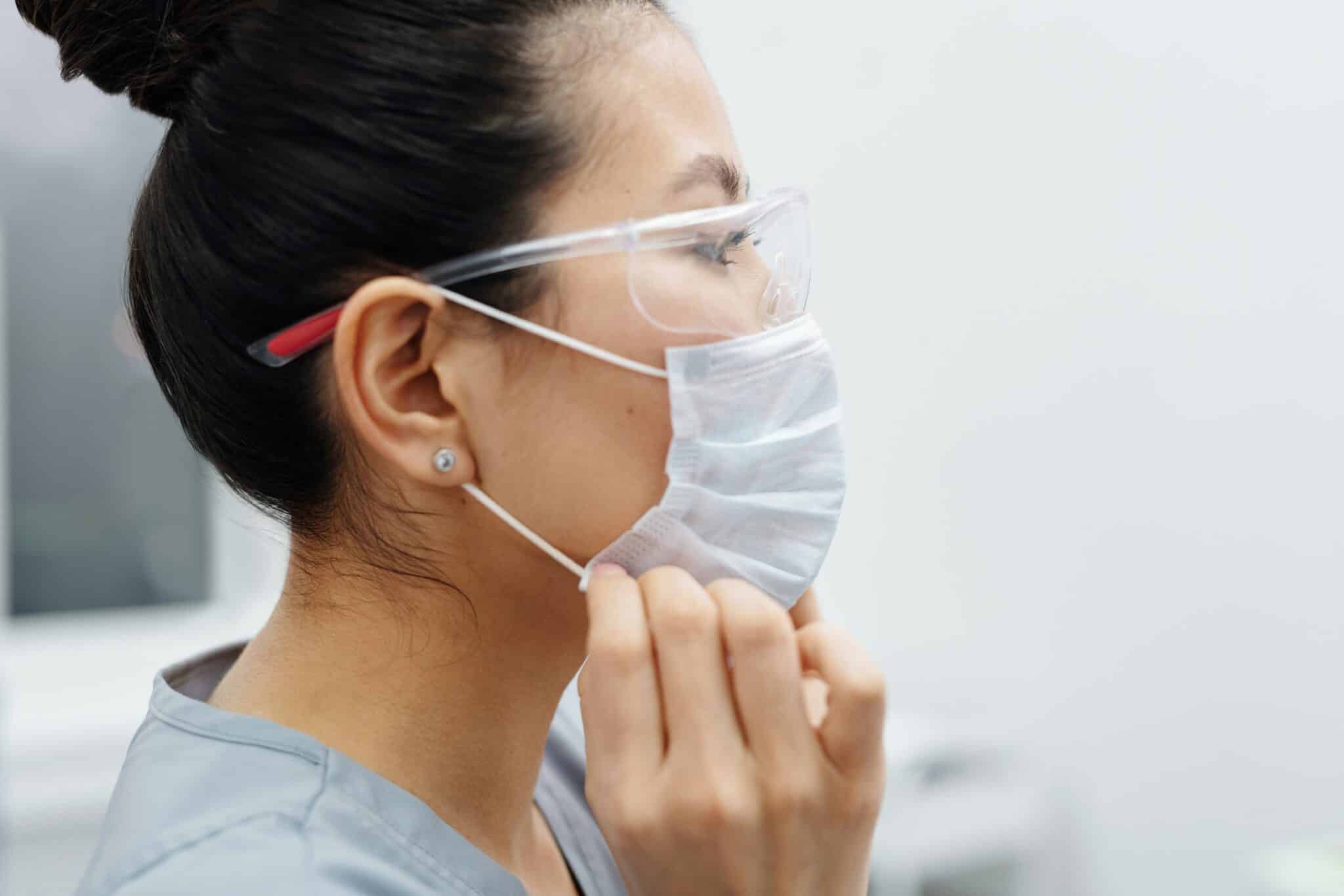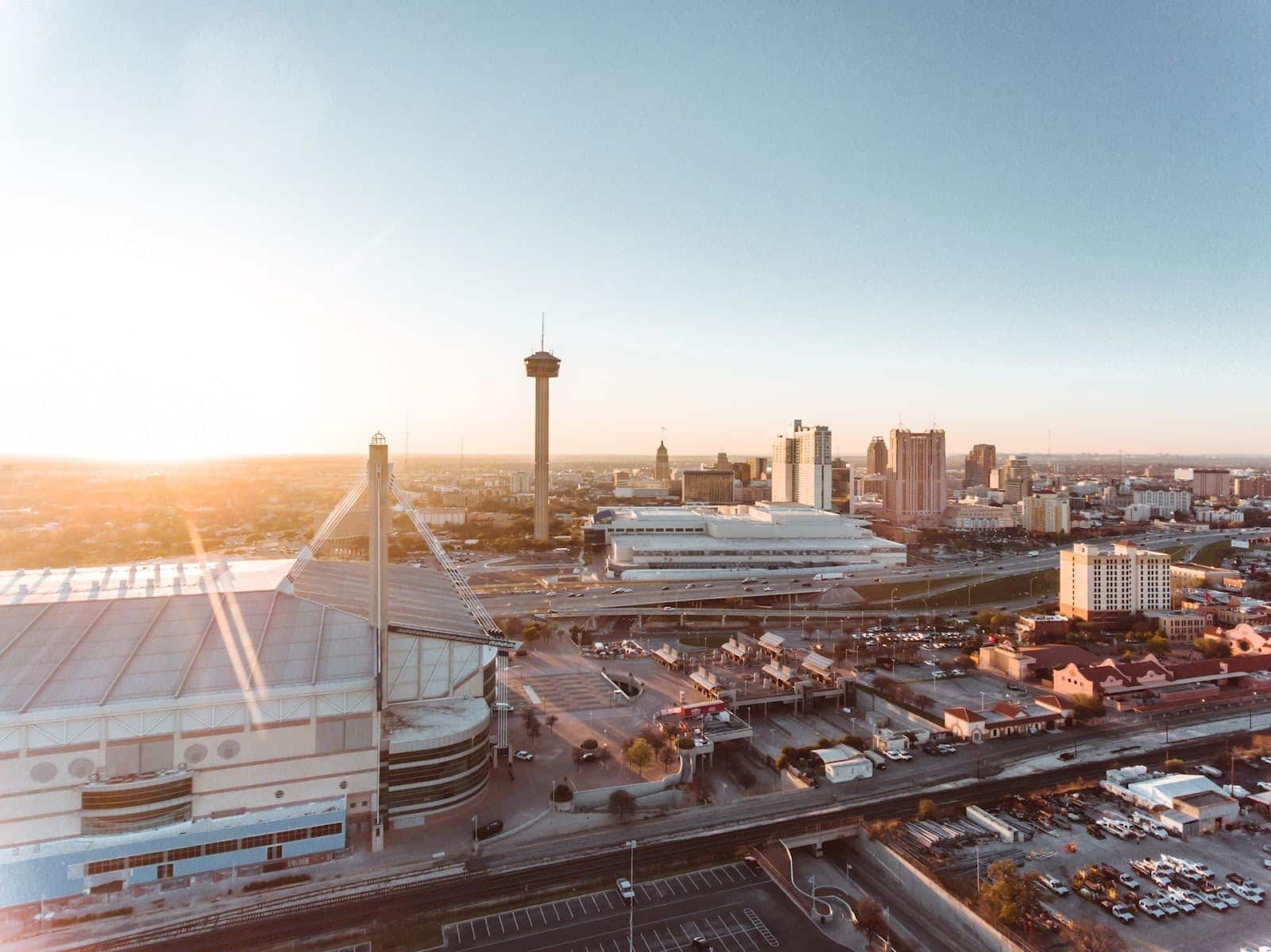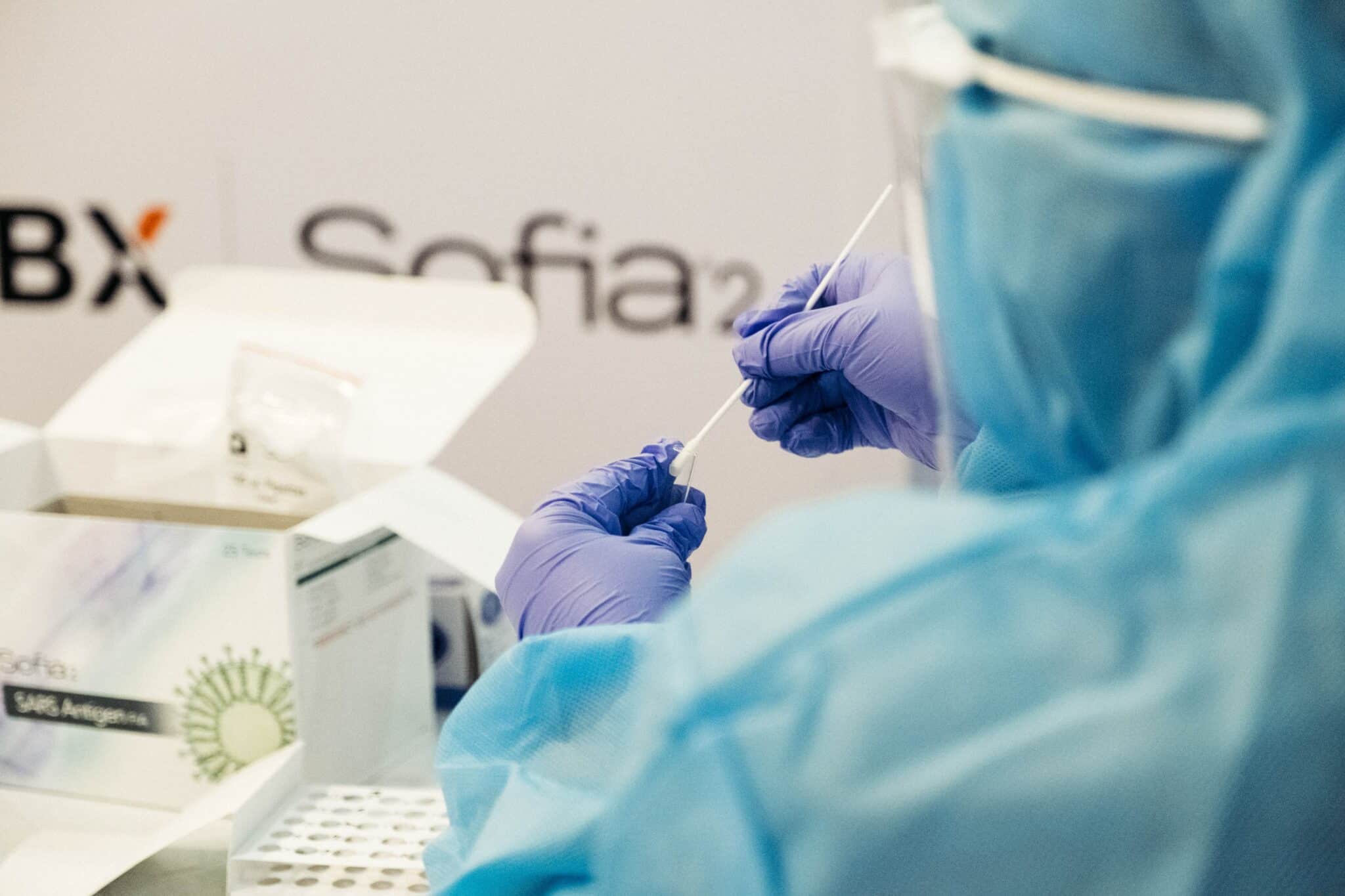Is Monkeypox Still an Emergency? + Are Masks Still Necessary to Prevent COVID?

Since the WHO ended the COVID global public health emergency, you may have wondered what preventive measures are still recommended. Wearing masks in healthcare settings is one of them and, in this blog post, we’ll cover a recent study that shows it.
We’ll also talk about the end of Monkeypox as a global public health emergency and what this means for travelers.
Ready? Let’s begin!
Is Monkeypox Still an Emergency?
Last week, in our last traveler’s report, we talked about some Mpox cases arising in the US. But is monkeypox still an emergency? Luckily, not anymore.
The WHO announced that Mpox, formerly known as Monkeypox, is no longer a global public health emergency. However, this doesn’t mean the virus isn’t present anymore. It just means that it’s no longer necessary to stay on high alert.
Mpox was first noted in Nigeria 6 years ago and was declared a global public emergency in September of 2022. There have been 87,000 cases of infection and 140 fatal cases in over 100 countries. Fortunately, the global outbreak is now under control. In fact, there was a 90% decrease in cases in the last three months.
However, the WHO’s emergency committee on Mpox, noted that cases could spike again this year. And to avoid another outbreak, WHO’s chief, Tedros Adhanom Ghebreyesus, urges countries to remain vigilant. Therefore, travelers should remain cautious and vaccinated against the disease.
He also stated that not all countries have been able to control Mpox as well as others. Canada and the US, for instance, have seen success through targeted vaccination campaigns. The Western Pacific region and Mexico, on the other hand, continue to struggle to contain this disease. So, if you’re planning on traveling soon, keep this in mind when choosing your destination.
COVID is Over: Are Masks Still Necessary?
As we discussed in our latest traveler’s report, COVID is no longer considered a global public health emergency.
This doesn’t mean preventive measures are no longer necessary. Yet, during the pandemic’s third year, you might have noticed that signs promoting mask-wearing largely disappeared from public spaces such as schools and stores.
Hence, it’s natural to wonder “Are masks still necessary at this point? In which cases should you keep wearing a mask?” Well, the short answer is that masks are still necessary to protect yourself from COVID in medical healthcare environments.
Healthcare workers are known for coming to work despite being sick. In fact, a study shows that many have worked while experiencing respiratory symptoms.
Considering that COVID can present mild to no symptoms, infected individuals can be hard to identify. Masks can prevent unnecessary exposure to infections, especially in healthcare settings where viruses are more likely to spread.
A recent study confirms that masks continue to provide protection. The researchers reviewed global studies to understand the effectiveness of various masks in reducing COVID-19 transmission. The most interesting conclusions were:
- Surgical and N95 masks offer similar levels of protection
- Masks remain a valuable safety measure in community settings, such as doctor-patient interactions.
Key Takeaways
Both COVID and Mpox, as we saw today, are no longer considered global public health emergencies. However, it’s still important not to overlook their contagious capacity and take precautions when traveling.
Luckily, prevention can be as easy as wearing face masks in the appropriate environments and maintaining basic hygiene habits. By doing so, we can protect ourselves and others around us.
An even better way to prevent spreading COVID when traveling is getting tested.
Need a COVID test before you go on your next adventure? Discover testing locations near you with our international directory.



